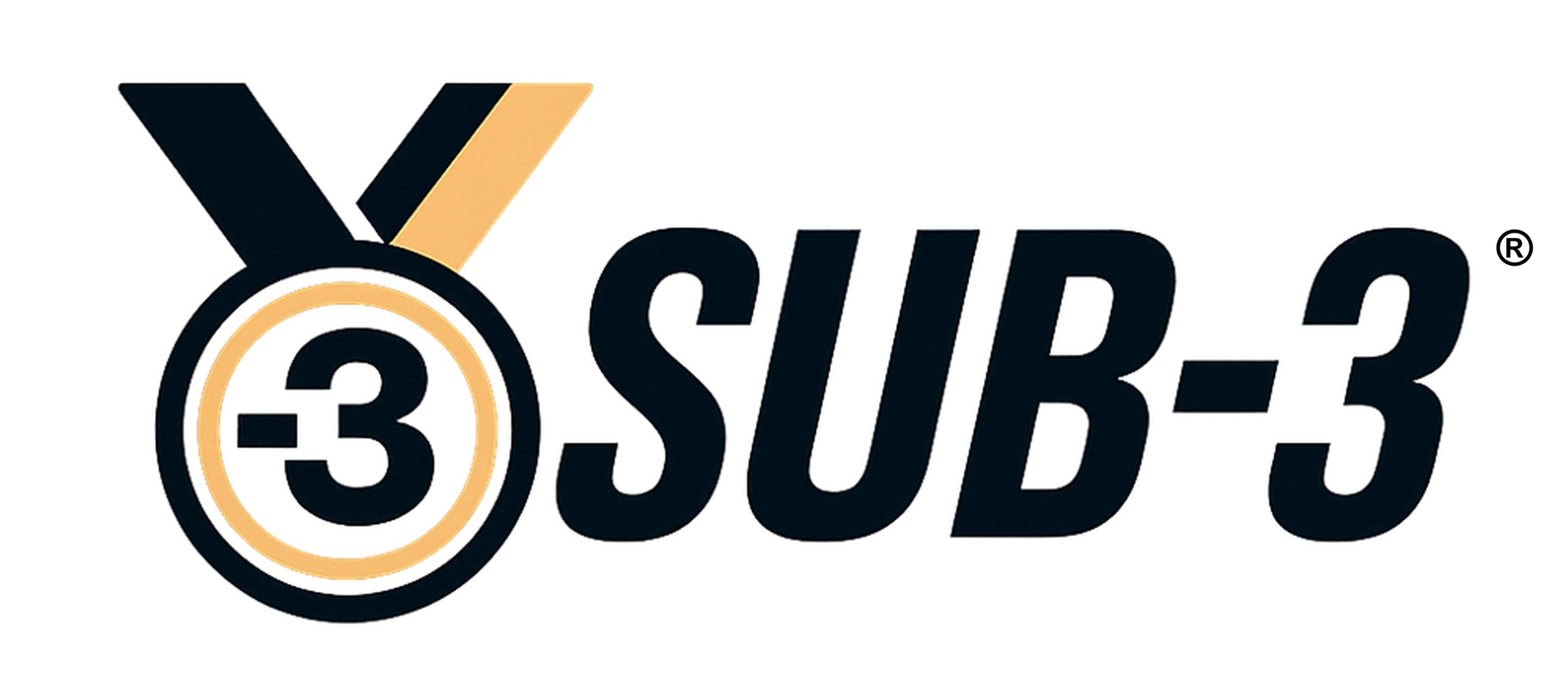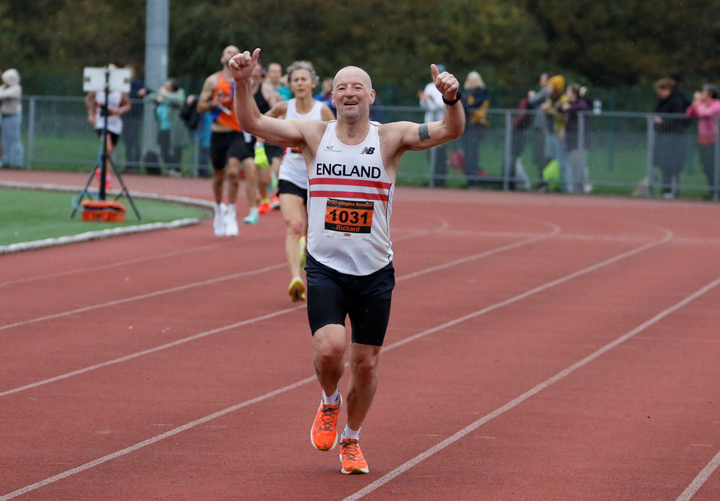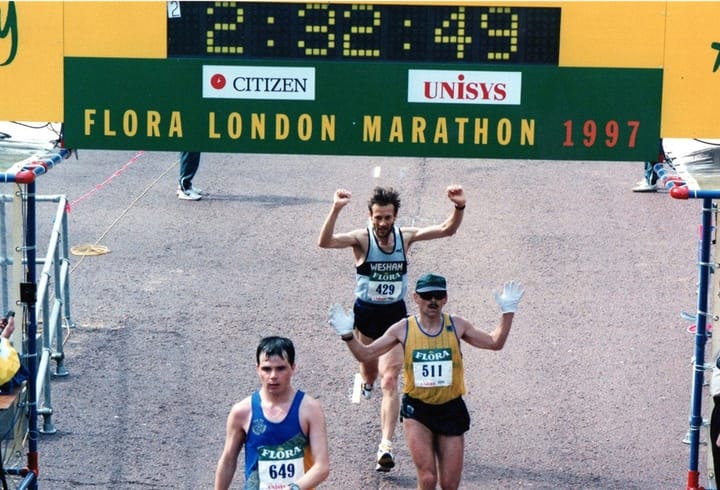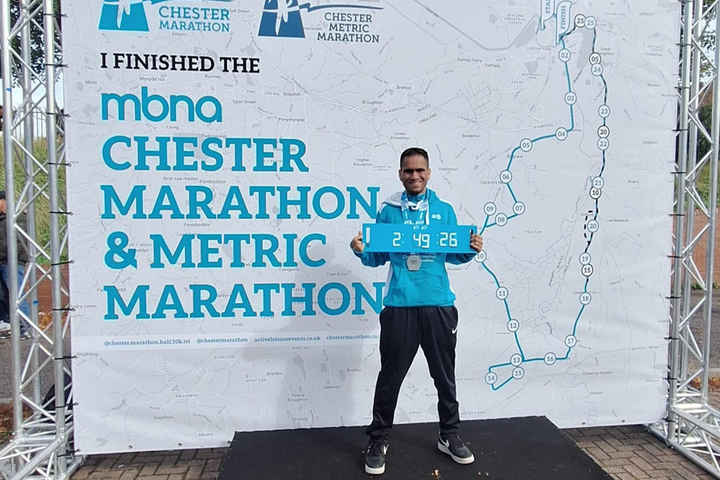Why I decided to quit alcohol for good during sub‑3 training
How giving up alcohol helped me train more consistently, recover more efficiently and ultimately run faster - without losing the joy of running culture.
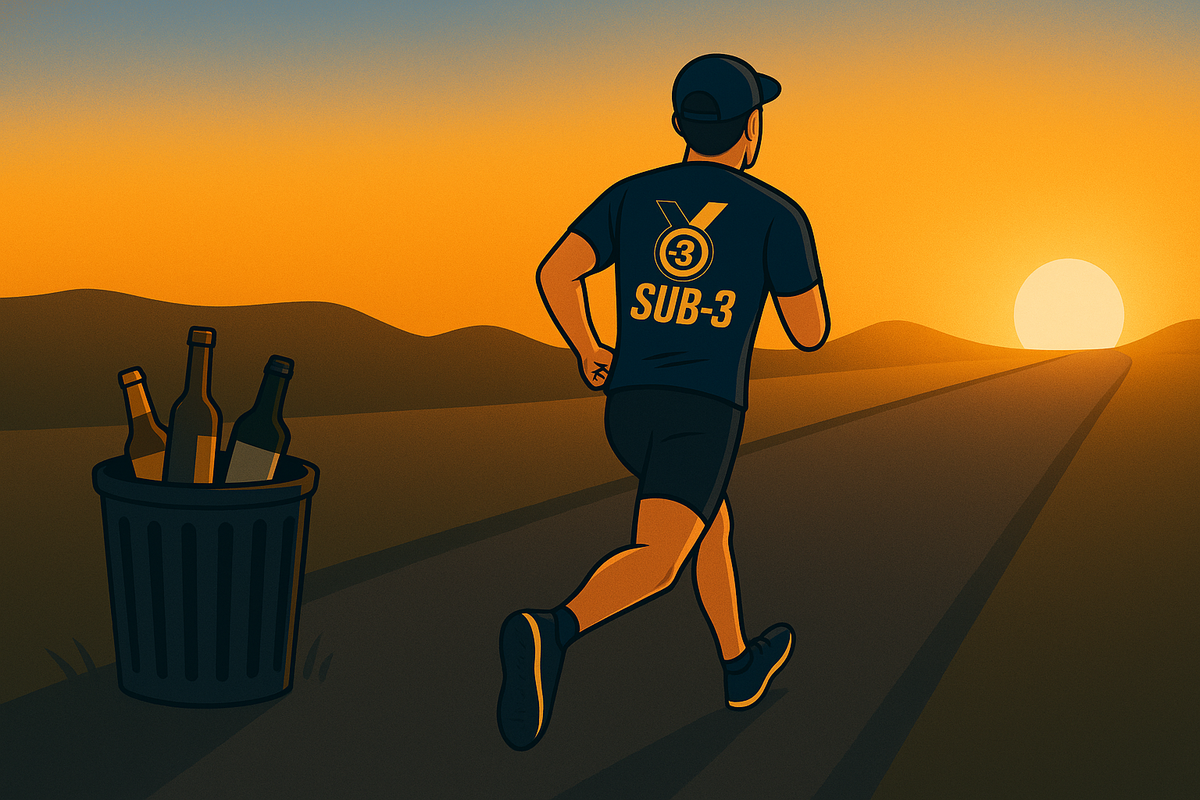
“Nectar of the gods, ambrosia of those who seek fast times — beer may be the runner’s fuel… We recommend as part of your daily diet, if you wish, two or three glasses of beer. But that’s it!”
— Bob Glover and Pete Schuder, The Competitive Runner’s Handbook
This was the world of running I grew up in. In the 1980s, running clubs were as much about the bar as the miles. Every Tuesday night, my parents and I would head to the local Rugby Club. The group run might last 45 minutes — but the chats over beer afterwards could go on longer. (As a minor, I stuck to lime cordial.) And there’s nothing wrong with that, I should add - it was a key social occasion of the week.
Even then, the mix of exercise and social drinking felt normal. And in those early editions of Glover and Schuder’s handbook, alcohol wasn’t just tolerated — it was cheerfully encouraged. But by the 1990s, the tone in later editions of the handbook had changed. The colourful references to beer had vanished, replaced by more sober advice. In many ways, that shift mirrors my own journey with alcohol and running.
Cutting Down, Then Cutting it Out
Before lockdown, I worked in an environment where you needed willpower not to drink. Work lunches, evening receptions, client dinners — “just one more” was always on offer. Lockdown didn’t help. With days blurred and routines disrupted, a glass of wine in the evening became a way to soften the edges.
The effect on my weight was significant. At my heaviest I was 114kg, and with very little exercise, those empty calories quickly stuck. As I began to get back into shape, it became easier to moderate. I avoided alcohol the day before races, then before long runs, and eventually during whole training blocks. In the lead-up to Brighton Marathon 2022, I went teetotal from 1st January until after race day — and broke 3 hours for the first time.
But I hadn’t quit. Not yet.
The Moment Everything Changed
The decision to stop for good came in 2024 — after what was, ironically, a brilliant day. I’d been on holiday in France with family, drinking Belgian beer most evenings — more in those two weeks than I’d had in the previous six months. I returned just in time for a local “beer run” 10K. The concept: start with a drink, stop at pubs each mile for another, and race in between. It’s a great event, and provides important support to the local community. (You can run on water, alcohol is not essential!)
That day, I won the race in about 38 minutes. The prize? More beer. We spent the afternoon in the pub garden, full of laughter and running chat. But then I made the mistake of jogging the 4km home along a nearby cycle path. My left leg caught in a bramble, and I went flying. Smashed my Garmin, hit my head, bloodied my knees and hands. Disoriented, I eventually made it home, but ended up needing hospital treatment for concussion.
It could have been a lot worse.
Most people would just vow to be more sensible. Don’t run after drinking. Get a taxi. And those are reasonable takeaways. But I decided that day: that was it. I haven’t touched a drop since.
What I’ve Gained Since Quitting
Over the year that followed, I dropped 10kg, and knocked around 5 minutes off my marathon PB (now 2:45:01). Cutting alcohol undoubtedly helped. But the real benefits have been physiological and psychological.
Alcohol is, ultimately, a toxin. If you drink the night before a session, your body is still clearing it when you want to train. That slows recovery and muddles your signals. One thing I value in training is being in tune with how my body feels — and alcohol clouds that feedback.
Digestively, it’s disruptive too. Since quitting, early-morning runs rarely come with mid-run pit stops. And perhaps most noticeable is sleep. No waking at 3am with a full bladder. I sleep through most nights now — which makes a difference at 6am when you’re heading out for your first run of the day.
Social Norms and Better Substitutes
To be clear, I don’t judge people who drink whatsoever. Most runners do drink — and I’ve had some of my best post-race moments with a beer in hand. But I knew I needed a hard line personally, as “just the one” can lead to a slippy slope.
The social side can still be challenging. My first alcohol-free Christmas was odd — not because I felt like drinking, but because everyone else was. That said, there are now excellent alternatives. Guinness 0% is indistinguishable to me. Erdinger is solid and isotonic, though a bit sweet. Leffe 0% is a strong shout if you’re into Belgian styles. And if you want a cold beer substitute on a hot day, Le Panaché St Omer shandy is superb — and about 25p a bottle.
I’ve also saved, conservatively, over £1,000 this past year — money now going to race entries, kit, training shoes and beetroot juice instead.
A Better Runner, and a Clearer Mind
I’m not saying every sub‑3 runner needs to quit alcohol. But for me, it was part of the broader discipline the goal demanded. Once I stepped away from it, I saw how deeply embedded it was in running culture — and how much sharper, leaner and more focused I felt without it.
If you’ve been toying with the idea, try it for a month. See how you feel. If you’re serious about your training, it might just be the missing link.
Five things: Alcohol and Sub‑3 Training
- Even modest drinking affects recovery — your body processes alcohol before it repairs muscle.
- Sleep improves dramatically — no more 3am wakeups or disrupted cycles.
- Training reads clearer — no hangover fog or false fatigue.
- There are great 0% alternatives — Guinness 0%, Leffe 0%, Panaché, and even alcohol-free fizz.
- It’s not about morality — it’s about performance. A clear mind, a lighter frame, and one less compromise.
Enjoyed this article? Help keep Sub-3 running — support us with a coffee.
To help fund the running of the site, Sub-3 is an Amazon Associate and earns from qualifying purchases. We only recommend gear or kit that has genuinely helped in our own running and that we believe is worth considering.
